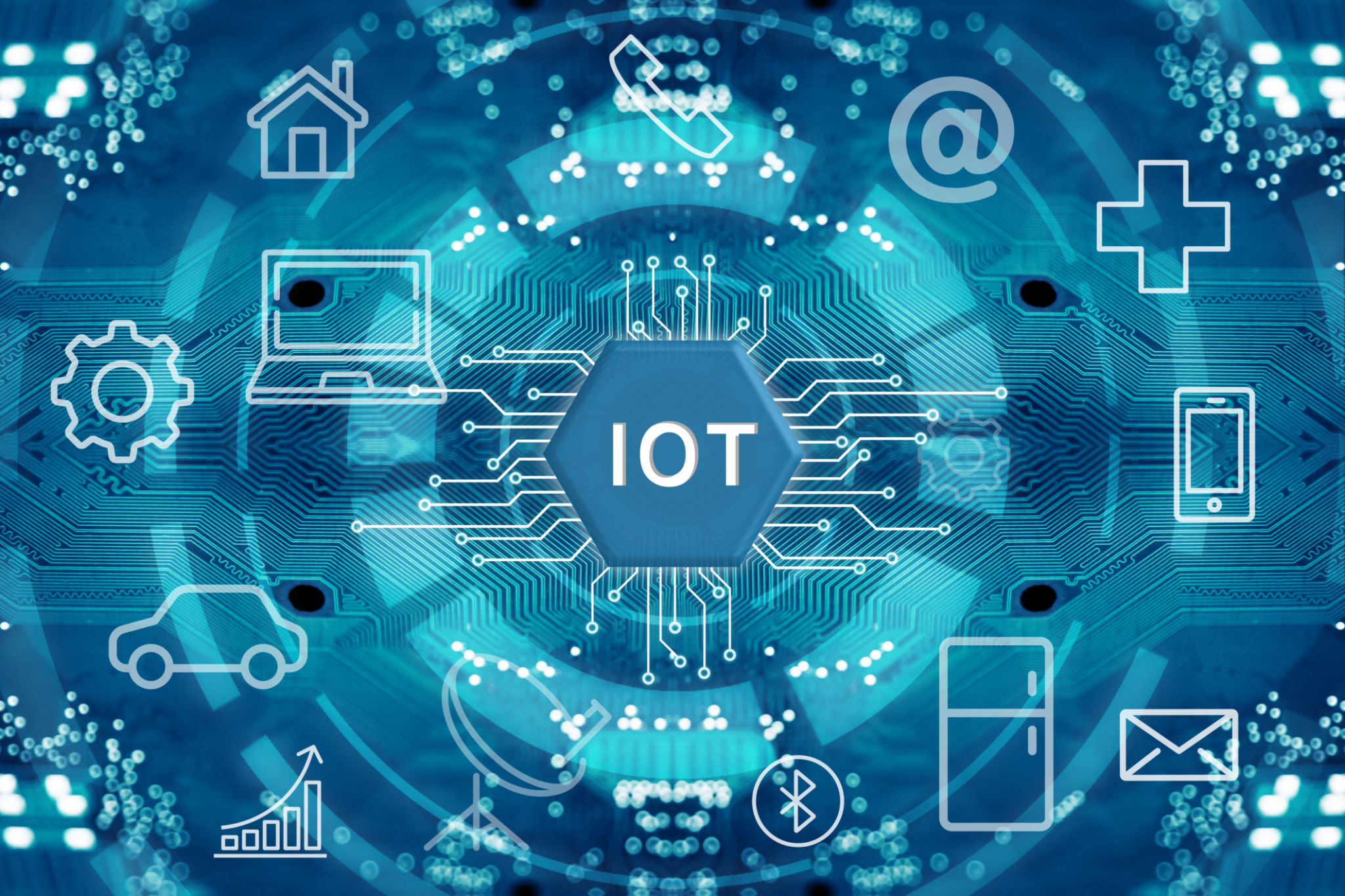Understanding the Latest Trends in Telecommunication Technologies in Iraq
Introduction to Telecommunication Trends
The telecommunication industry in Iraq is undergoing significant transformation, driven by technological advancements and increased demand for connectivity. With a growing population and expanding digital economy, the need for reliable and advanced telecommunication services is more crucial than ever. Understanding the latest trends in this sector can provide insights into the future of communication in Iraq.
5G Technology Deployment
One of the most significant trends shaping the telecommunication landscape in Iraq is the introduction of 5G technology. This next-generation network promises faster internet speeds, reduced latency, and improved connectivity for both urban and rural areas. As telecom companies continue to roll out 5G infrastructure, users can expect enhanced mobile broadband services and innovative applications in sectors such as healthcare, education, and entertainment.

Fiber Optic Expansion
Fiber optic technology is rapidly gaining traction as a preferred medium for internet connectivity in Iraq. Its ability to provide high-speed internet with minimal interference makes it an attractive option for both residential and commercial users. The expansion of fiber optic networks is expected to improve internet accessibility and support the growing demand for data-intensive applications like video streaming and online gaming.
Government initiatives and investments are playing a vital role in accelerating the deployment of fiber optic infrastructure. This expansion not only meets current needs but also lays the foundation for future technological advancements.

Internet of Things (IoT) Adoption
The Internet of Things (IoT) is another trend making waves in Iraq's telecommunications sector. IoT refers to the interconnected network of physical devices that communicate and exchange data with each other. In Iraq, IoT applications are being explored across various industries, including agriculture, transportation, and smart cities.
For instance, IoT solutions in agriculture can help optimize water usage and improve crop yields, while smart city initiatives can enhance urban living through intelligent traffic management and energy-efficient systems.

Cloud Computing Services
As businesses in Iraq increasingly digitize their operations, the demand for cloud computing services is on the rise. Cloud technology offers scalable storage solutions, cost-effective data management, and remote access capabilities that are crucial for modern enterprises. By leveraging cloud services, companies can enhance their operational efficiency and foster innovation.
Telecom providers are partnering with global cloud service providers to offer comprehensive solutions that cater to the diverse needs of Iraqi businesses. This collaboration is expected to drive further growth in the cloud computing sector.
Challenges and Opportunities
Despite these advancements, the telecommunication industry in Iraq faces several challenges, including regulatory hurdles, cybersecurity threats, and the need for skilled professionals. However, these challenges also present opportunities for investment and collaboration in areas such as infrastructure development, cybersecurity solutions, and workforce training.
By addressing these issues, Iraq's telecom sector can continue its upward trajectory and contribute significantly to the country's economic development.

Conclusion
The telecommunication landscape in Iraq is evolving rapidly, driven by technological innovations and increasing connectivity demands. Understanding these trends is essential for stakeholders looking to capitalize on emerging opportunities within this dynamic sector. As Iraq continues to embrace digital transformation, the role of telecommunications will remain pivotal in shaping the nation's future.
